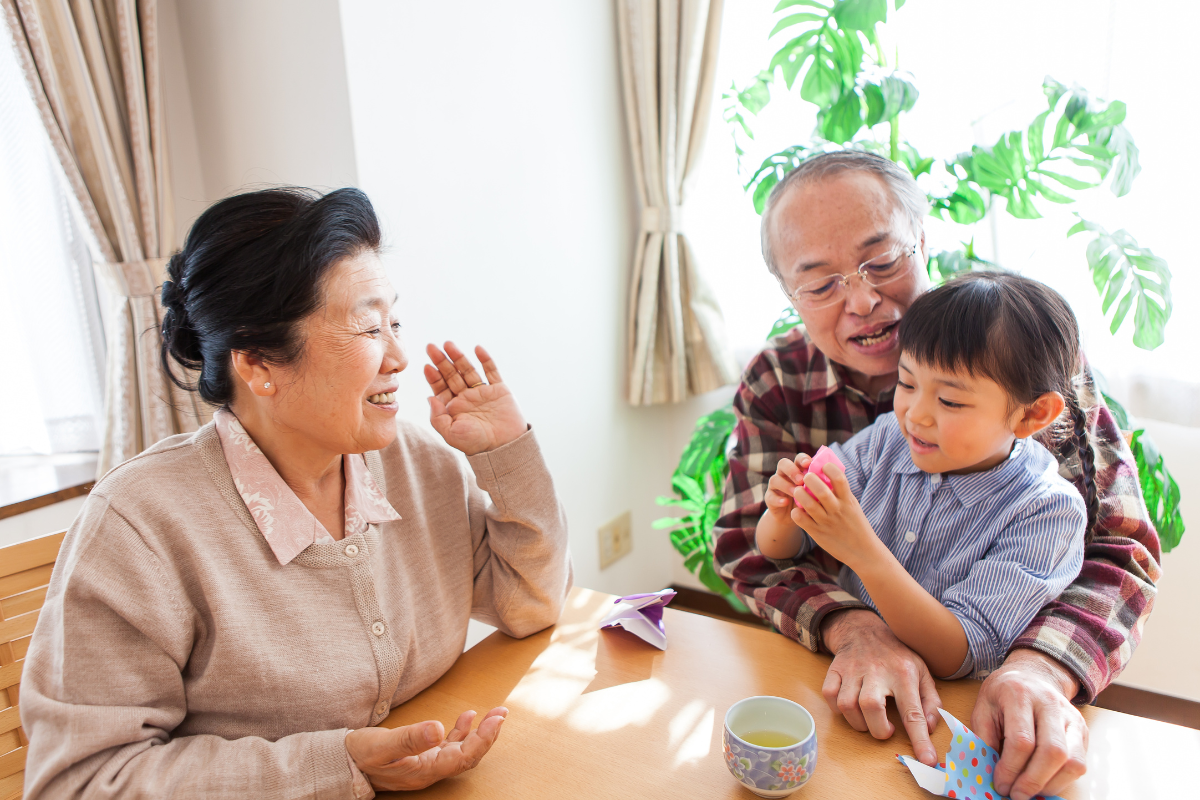Compassion and empathy are important for connecting and building relationships.
While these are admirable qualities, expressing them too often or too much can take a toll on your own wellbeing.
Compassion fatigue – also known as empathy burnout – describes the negative physical, emotional, and psychological impact that can come from continually helping others in need.
This type of emotional exhaustion is common in roles that involve frequently being exposed to stress and/or trauma, such as victim and mental health services, law enforcement, and emergency services.
Compassion fatigue can also show up in empathetic people with a caring and generous nature, such as those with a strong sense of social justice, or those whose family and friends consistently rely on them for support and advice.
Whether you experience vicarious trauma through your job or you often play the role of ‘therapist’ for your loved ones, empathy burnout can have serious impacts on your mental health and your relationships.
We explore the signs of compassion fatigue and offer some advice to manage and prevent it.
Compassion Fatigue Symptoms
Compassion fatigue or empathy burnout can look different for everyone. These are just some of the common signs and impacts:
- Apathy – A decline in feelings of sympathy, empathy, care, and compassion
- Detachment – Becoming emotionally detached and/or feeling a sense of numbness
- Social withdrawal – Withdrawal and isolation from social connections and interactions
- Mood swings – Sudden drastic shifts in emotions, including becoming irritable and quick to anger
- Cynicism and despair – Frequently witnessing other people’s suffering can create negative attitudes and scepticism toward people, society, and the state of the world
- Hopelessness and helplessness – Feeling like your actions have no impact on others and things will never get better
- Diminished sense of fulfilment in helping others – Someone who normally enjoys helping other people may no longer get this sense of fulfilment and may even grow resentful
- Mental health conditions – Compassion fatigue can lead to or exacerbate stress-related conditions such as anxiety, depression, and post-traumatic stress disorder (PTSD)
- Self-medicating – Compassion fatigue can make you vulnerable to addictive behaviours and substance abuse used to relieve personal pain
- Physical symptoms – This might include physical exhaustion and fatigue, changes in appetite, changes in sleep, digestive issues, and headaches.
How to Deal with Compassion Fatigue
Much like any form of stress or burnout, compassion fatigue is best managed with early intervention.
This can be particularly true for compassion fatigue caused by secondary trauma and distressing events through work. If left ignored, this can lead to more serious mental health issues like PTSD.
These strategies and self-care measures may help you manage symptoms and prevent further burnout.
Set boundaries
You can still be a generous and caring person and have limits on how much you’re able to support others.
If you’re feeling drained from the emotional energy you give to your clients/patients, loved ones, or the causes you care about, it might be time to clarify your personal boundaries.
If your occupation is causing your compassion fatigue, boundaries might include:
- Taking a break from work, ideally for a relaxing holiday
- Setting a time limit on how long you discuss work issues with your partner or loved ones
- Separating your work and personal lives by turning off your emails and work phone out of hours
- Talking to your manager about changing your assignment or client/patient where appropriate (even if temporarily)
- Talking to your manager about accessing and/or increasing employee support options such as supervision and debriefing.
If emotionally supporting your loved ones is causing your compassion fatigue, boundaries might include:
- Communicating your emotional capacity before catching up, e.g. “I’ve got a bit on my plate at the moment, so I’d love if we can keep this catchup light and fun.”
- Setting clear time limits on how long you can discuss their issues, e.g. “I’ve had a big workday, but I’ll have half an hour to chat about your breakup if you’d like to talk at 7pm?”
- Expressing that you’re limited in your abilities to support them and encouraging them to seek support from other resources, such as a professional counsellor, e.g. “I’m always here for you, but I don’t have the skills or ability to support you through this. Have you considered seeing a counsellor?”
And if advocating for social change is causing your compassion fatigue, boundaries might include:
- Limiting your exposure to distressing news and content
- Avoiding distressing or upsetting content before bedtime
- Spending more time with friends outside your advocacy networks
- Taking a break from activism, including posting online or attending rallies/events in person.
Prioritise self-care
People who suffer from compassion fatigue or empathy burnout often put others before themselves. But just as we’re taught to fit our own oxygen mask first on a plane, we can’t support the people around us if our needs aren’t met first.
Self-care looks different for everyone, but some simple habits to introduce might include:
- Getting enough sleep
- Eating balanced meals
- Avoiding alcohol and substances
- Talking to people you trust about how you’re feeling
- Dedicating time to relaxation (e.g. reading, meditating, going for a walk, listening to music, or simply sitting in silence with a tea or coffee)
- Engaging in a hobby or group that evokes feelings of positivity and gratitude (e.g. gardening, book club, painting class, or learning an instrument).
Seek professional support
If you’re experiencing symptoms of compassion fatigue or simply don’t feel like yourself lately, we recommend reaching out to your GP and/or mental health professional as soon as possible.
Speaking to a professional counsellor can be a great way to unpack your thoughts and feelings in a safe and supportive environment. Our counsellors can help you explore your concerns and find healthy coping strategies to protect your mental health and wellbeing.
You can learn more about our counselling services here, or call 1300 364 277_to make an appointment.
Some of our RAQ practitioners offer advice to look after yourself if you’re feeling overwhelmed or burnt out in this blog post.<sp









